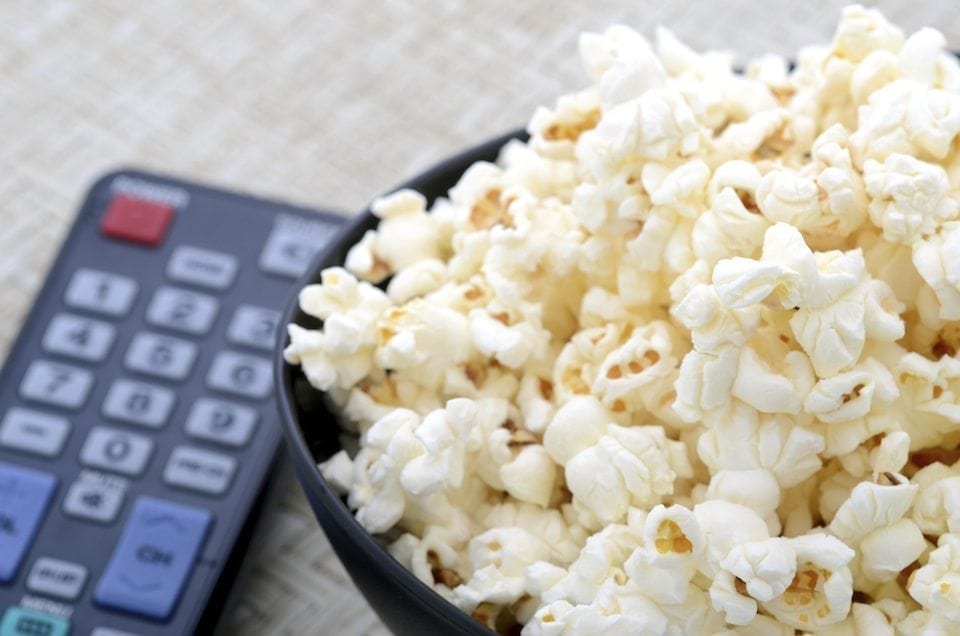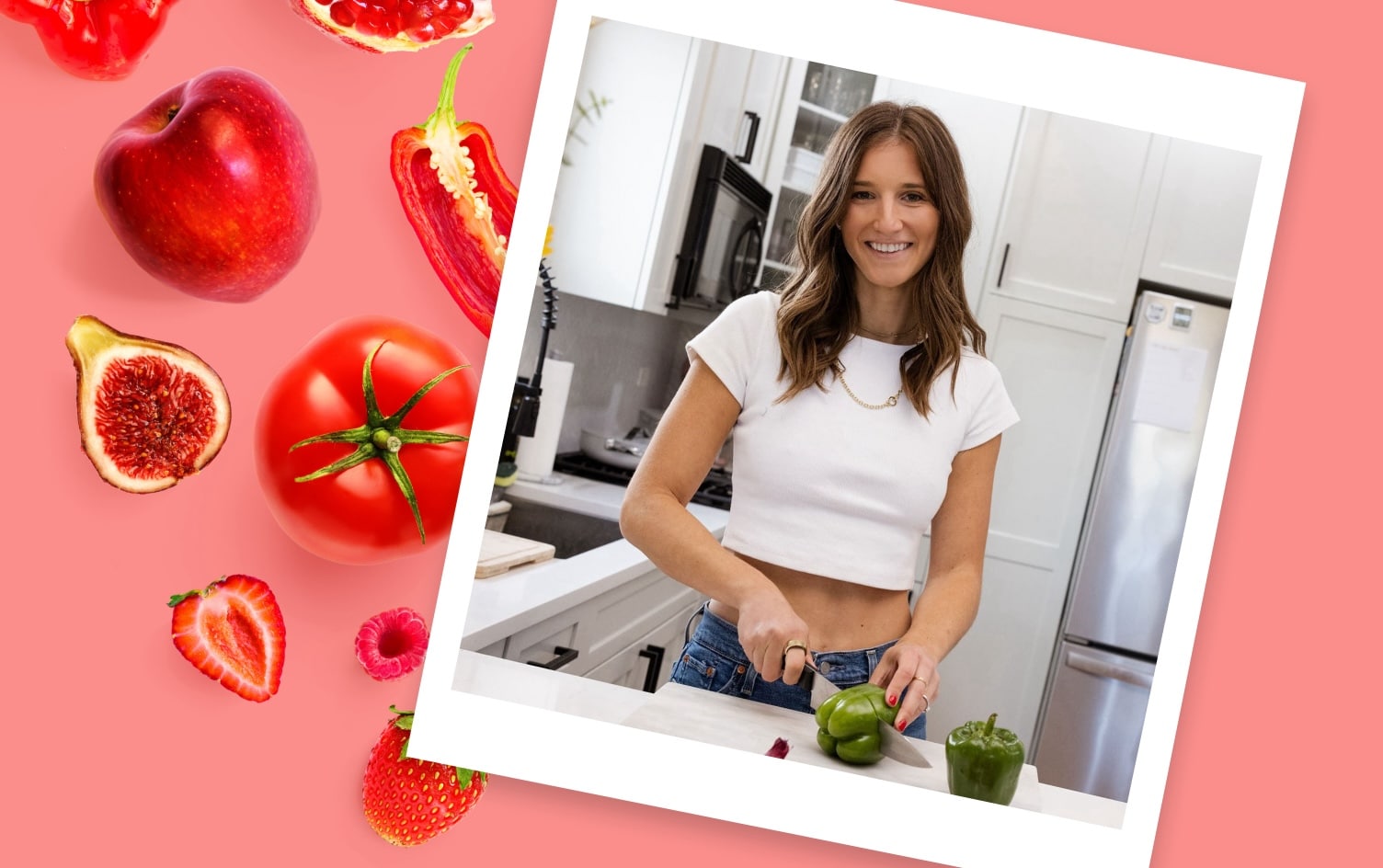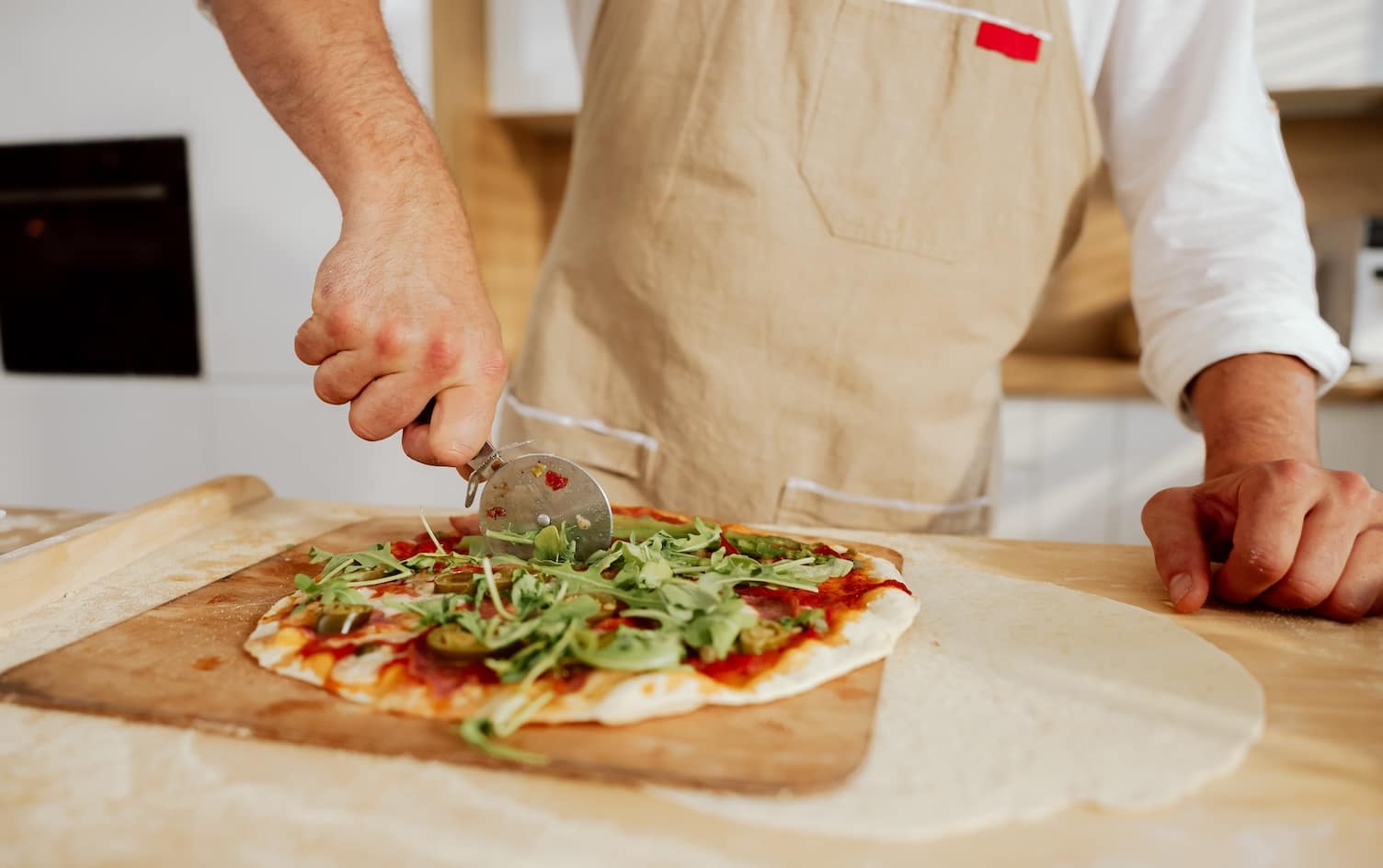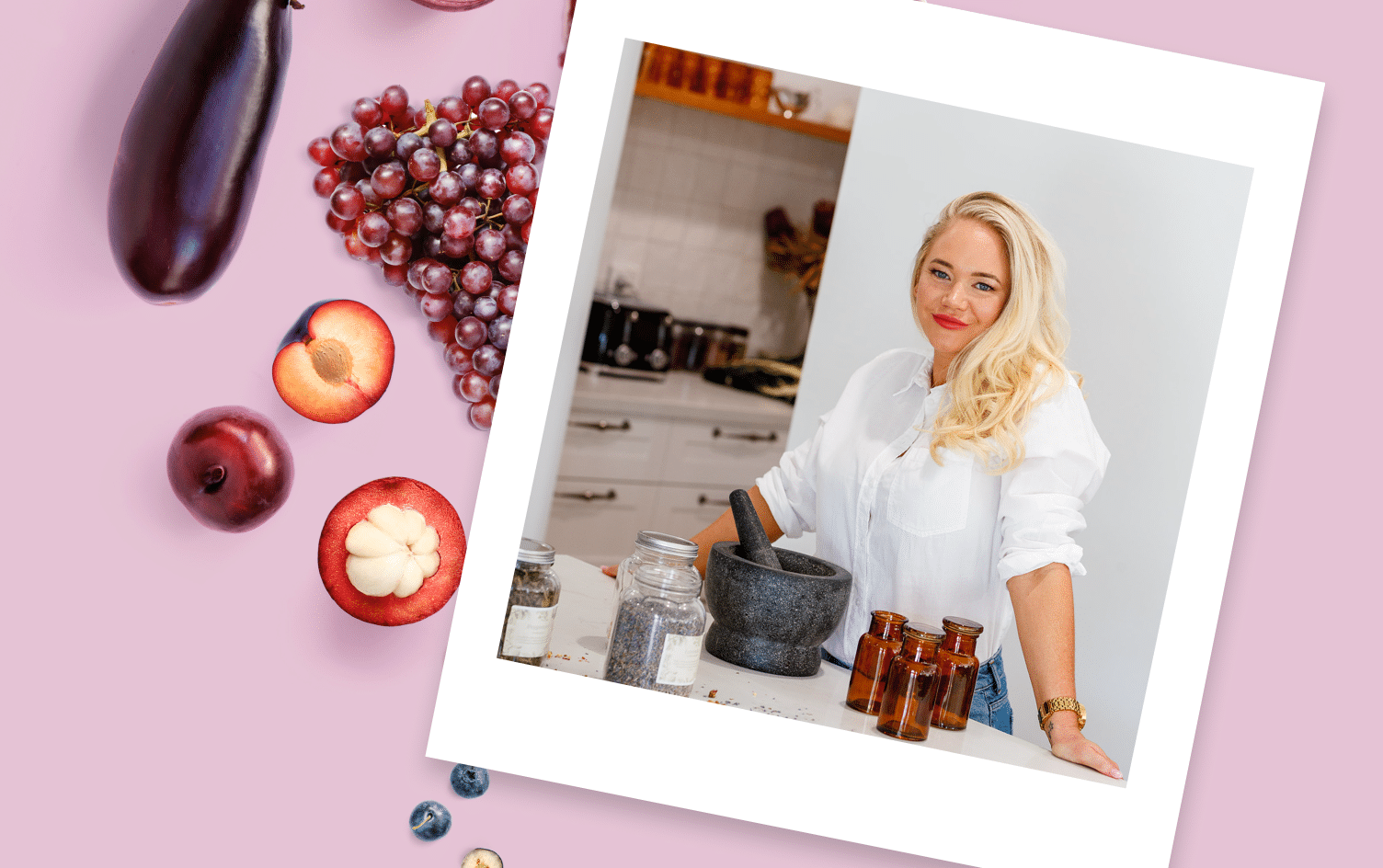You already know that sacking out in front of the TV is bad for you: the sitting, the snacking, the Scandal-themed wine parties—never mind the damage to one’s emotional health that staring glassy-eyed at a Real Housewives of Beverly Hills marathon can do. Researchers have already warned us about all of that (well, maybe not the RHOBH part). What we didn’t know until now is how the type of entertainment we choose can determine how much we snack.
As detailed in a study published in JAMA Internal Medicine, researchers at Cornell University asked nearly 100 undergraduates to view 20 minutes of television: an excerpt from The Island, an action movie starring Ewan McGregor and Scarlett Johansson; that same segment of The Island, but on mute; or the low-key PBS interview show Charlie Rose.
The students had their choice of a variety of snacks, half virtuous and half not: M&Ms, cookies, grapes, and carrots. The students watching The Island (with sound) ate a staggering 98 percent more grams of food—essentially twice as much—as those who sat back for a segment of Charlie Rose (206.5 grams for The Island, 104.3 grams for the PBS program). Those additional grams added up to a nearly 140 calories (354.1 versus 214.6).
The same pattern emerged for viewers of the silent The Island, who fell in the middle of the two other tallies. Still, even without sound, they consumed more than team Charlie Rose: viewers of the muted version of The Island ate about 40 more grams of food and about 100 extra calories.
What’s behind the difference? The Island, described as a prototypical “Hollywood action film,” has a relatively high number of editing cuts (24.7 cuts per minute—in comparison, Charlie Rose has only 4.8 cuts per minute), as well as drama-enhancing fluctuations in sound. The culprit isn’t the entertainment per se, note the authors of the study, but how distracting it is. Films like The Island are engineered to distract us, and the more we’re distracted, the more we eat. News programming for the win?
Do you snack while watching TV? Have you noticed mindlessly munching more during a drama than a non-fiction program? Share in the comments below!




